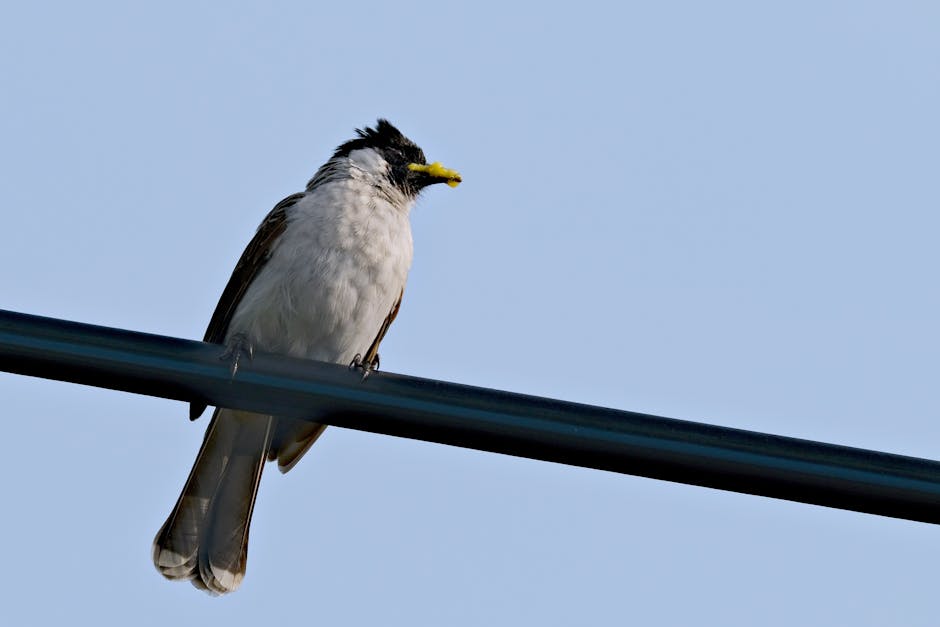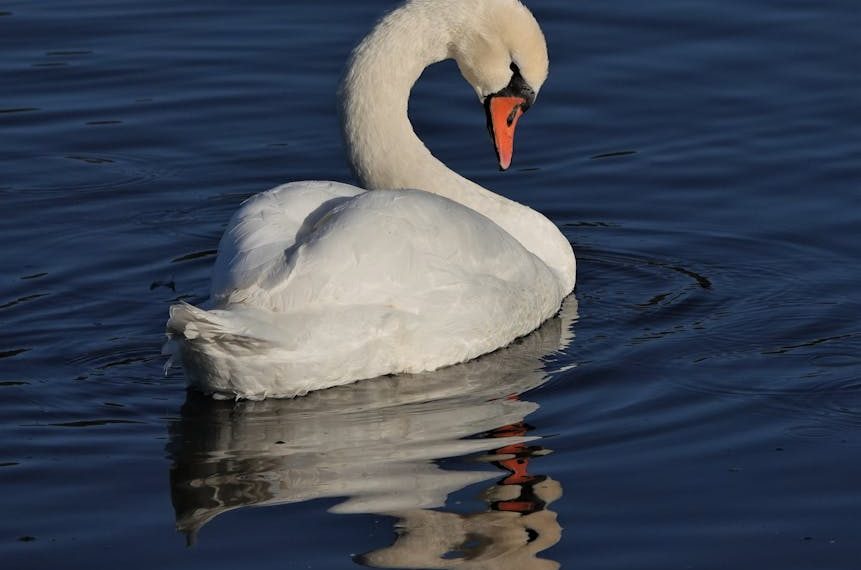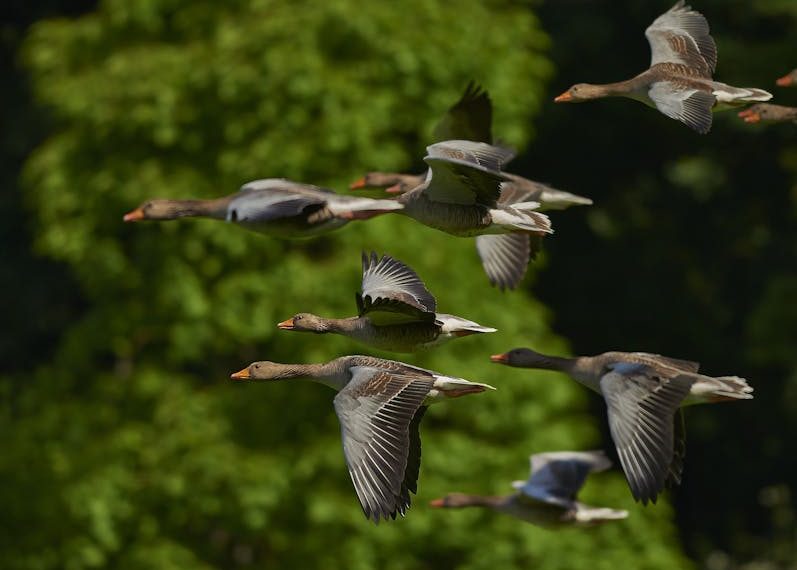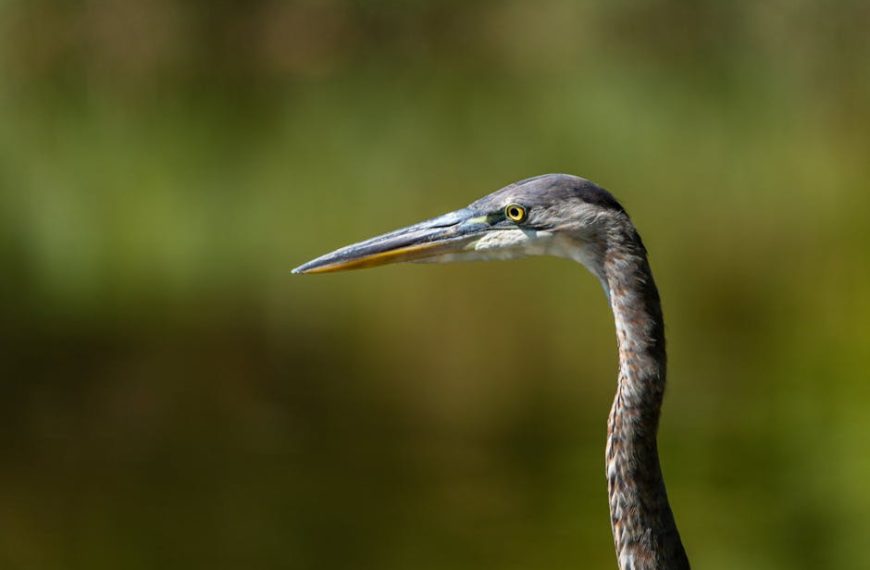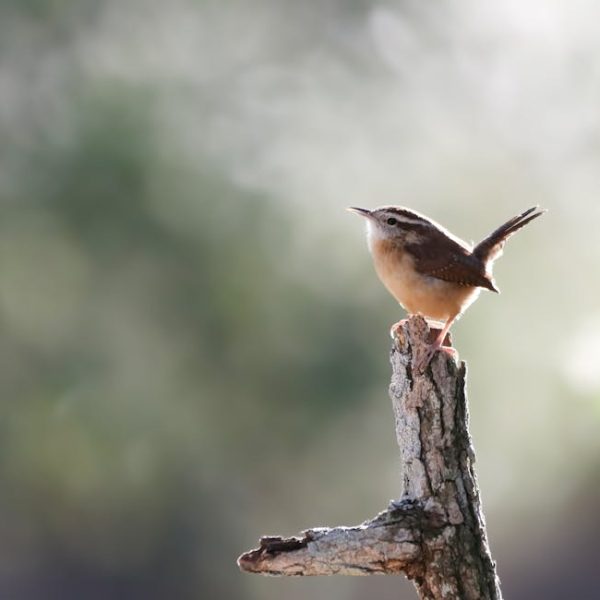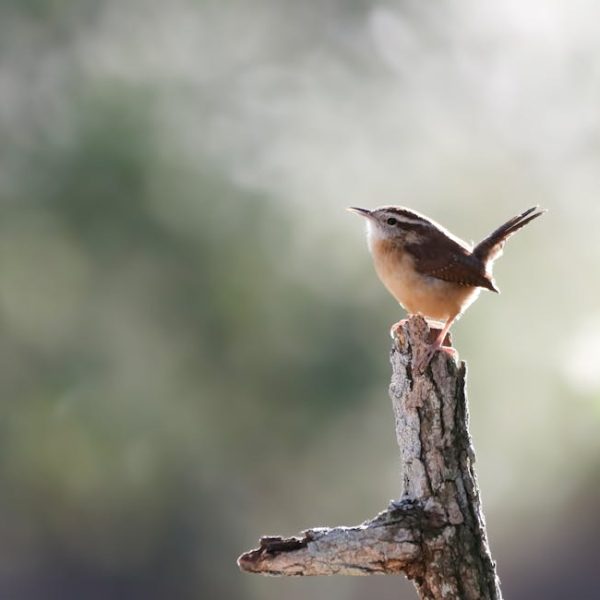Boats aren’t just a prized possession for their owners; they can often prove attractive to an unexpected party – birds. There’s nothing quite like the serene picture of birds gracefully coasting the waves, but any boat owner knows that this peace is short-lived. Birds are drawn to boats for a number of reasons, which can lead to noise disturbances, unsightly droppings, and even physical damage to your vessel.
Understanding Why Birds Choose Boats
While urban development and deforestation have reduced their natural habitats, birds have adapted to the changing environment with an impressive amount of resourcefulness. Boats provide a range of attractive options for different bird species. They may become spots for roosting, nesting, and scavenging for food.
- Nesting: With their hard exterior and sheltered interiors, boats can provide a safe nesting ground away from ground predators.
- Roosting: The masts and railings serve as perfect perching spots.
- Scavenging: Leftover food or fishing bait on board can be a tempting feast for these creatures.
However, while these avian visitors may seem harmless, an infestation can quickly turn problematic. Their droppings can damage the paintwork, they create noise disturbances, and their nesting materials can potentially clog crucial parts of your boat. Additionally, certain actions might unknowingly attract more birds. For instance, leaving food out will only invite more feathery guests aboard.
Utilizing Bird Deterrent Devices
Fortunately, there are various bird deterrent devices which can effectively help to mitigate these bird-related problems. These devices primarily work by making the environment inhospitable to birds, deterring them from settling on your boat. Here are a few commonly used deterrents:
- Bird Spikes: These prevent birds from settling on ledges and railings.
- Bird Nets: By creating a physical barrier, nets can keep birds off the boat.
- Noise Makers: Ultrasonic devices can produce sounds that are unpleasant to birds, deterring them from landing on your boat.
When selecting a bird deterrent device, there are a few factors to consider such as the cost, ease of installation, and potential damage to your boat. A solid checklist to consider might include: the type of birds you are dealing with, the magnitude of your bird problem, your budget, and potential maintenance costs.
Securing Your Boat Properly
Aside from devices specifically dedicated to bird deterrence, regular boat maintenance and secured storage can also play a significant role in keeping birds at bay. Regular cleaning discourages birds from viewing your boat as a suitable habitat. Covering your boat when it’s not in use will prevent access to the nooks and crannies birds love to settle in.
Maintaining an effective defense against bird intrusions ultimately comes down to some key routine tasks that must be incorporated in your boat-care regimen. These include: regular cleaning, timely repairs, thorough inspections for potential nest sites, proper storage, and educating others who may use your boat on the importance of these protocols.
Making Use of Natural Predators
Replicas of natural predators like owls or hawks can be a creative and visually interesting solution to your bird problem. Birds have a natural fear of these predators and are likely to avoid areas where they think one might be present.
- Owl Decoys: A sculpture or inflatable model of an owl can be placed in a visible spot. However, due to its stationary nature, savvy birds may figure out it’s not real and no longer perceive it as a threat.
- Hawk Kites: With their flapping wings and dynamic movement, these kites provide a more realistic portrayal of a predator. They’re usually tethered to a line but still free to move with the wind.
Keep in mind that using predator replicas isn’t a 100% foolproof method, as the effectiveness can depend on the specific bird species you’re dealing with. Furthermore, regular relocation of these imitations can improve success by creating an atmosphere of unpredictability.
Explore Chemical Bird Deterrents
There are also chemical deterrents such as bird repellent sprays and gels available on the market. These deterrents target birds’ sense of touch and smell. While not harmful, they create unpleasant sensations for birds that deter them from settling on surfaces they are applied to.
- Sprays: Bird repellents in spray form can be applied directly onto the surfaces where birds roost. Once dry, it leaves a sticky, uncomfortable residue which discourages the birds from landing.
- Gels: Just like sprays, these are applied to the roosting surface, and are effective for extended periods.
Although these chemicals can be quite effective, they must be used responsibly to avoid undue harm to the bird population or the environment. Therefore, it’s important to thoroughly read the manufacturer’s instructions and use these products sparingly. In cases of extreme infestation, professional pest control may be advisable.
Ultimately, the best approach utilizes a blend of these methods customized to suit your specific circumstances. By understanding why birds find your boat attractive and taking measures to deter them, you can maintain your boat’s condition and keep your feathery invaders at bay.
Key Takeaway:
- Boats are attractive to birds for nesting, roosting, and scavenging for food, which can lead to noise disturbances, unsightly droppings, and even physical damage to the boat.
- Various bird deterrent devices are available like bird spikes, bird nets, and noise makers, and their effectiveness varies depending on specific circumstances.
- Regular boat maintenance and covering the boat properly can prevent birds from choosing it as a nesting or roosting spot.
- Facsimiles of natural predators like owls or hawks can also deter birds, although their effectiveness can depend on the specific bird species.
- Chemical deterrents like bird repellent sprays or gels can be effective but must be used responsibly to avoid harming the birds or the environment.
Keep your boat in optimal condition without the hassle of bird-related problems. Being proactive and employing a range of deterrents based on your boat’s specific circumstances is the key. It’s all about understanding why birds are attracted to your boat, and doing your best to gently discourage them for the benefit of both you and the birds.
FAQs
Q: What if I have a severe bird infestation on my boat?
A: In cases of a severe bird infestation, it might be advisable to call in professional pest control. They are trained to handle such situations effectively without causing harm to the birds or the environment.
Q: How can I deter sea birds specifically from my boat?
A: The same methods mentioned can be employed to deter sea birds. However, given that sea birds may be more persistent, a combination of methods is usually more effective.
Q: Are there any methods to prevent birds from attacking my boat while it’s moving?
A: Using moving deterrents like fluttering ribbons or hawk kites may help deter birds even when your boat is in motion. However, it’s best to consult with a professional for best practices based on your specific circumstances.
Q: How often should I clean my boat to prevent bird infestation?
A: Regular cleaning is essential, but its frequency can vary depending on factors like the area you’re located in and the bird species present. It could range from daily to weekly.
Q: Are there any bird-friendly ways to deter them from my boat?
A: Yes, most of the deterrents mentioned such as bird spikes, bird nets, decoys of natural predators and proper boat covering are bird-friendly. They deter birds without causing them harm.
Remember to share this article with other boat owners and explore more posts on our website for additional insights.
